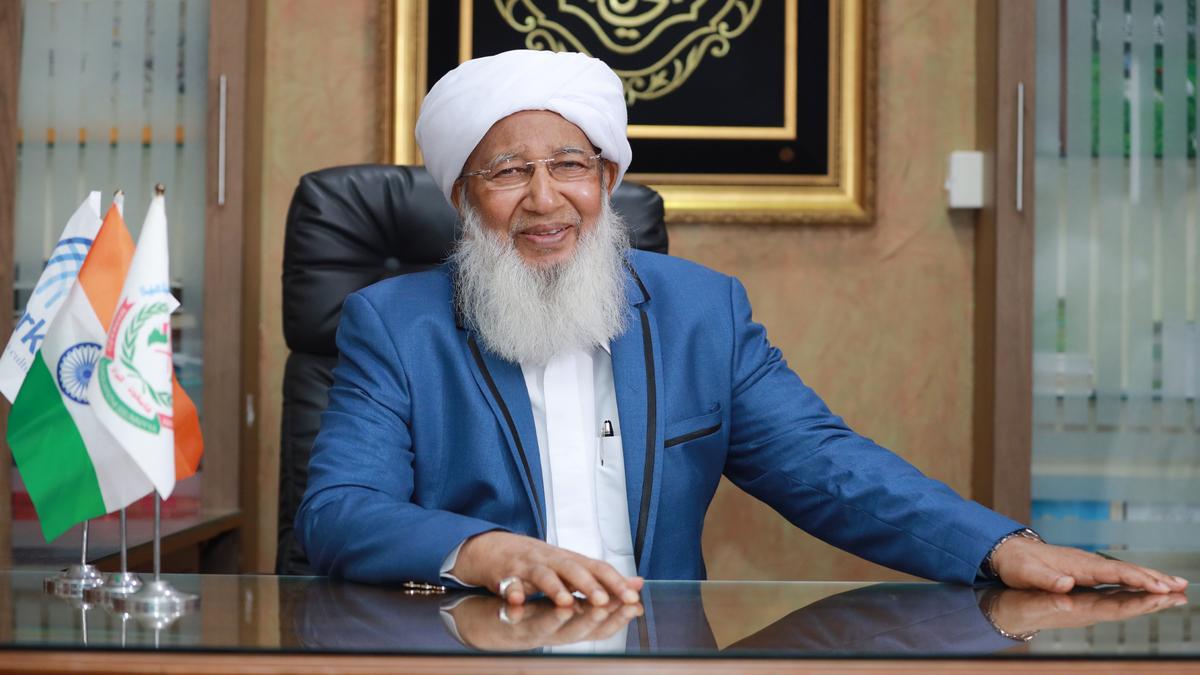Now Reading: Sheikh Abubakr Ahmad: Grand Mufti of India Who Intervened to Delay Nimisha Priya’s Yemen Execution
-
01
Sheikh Abubakr Ahmad: Grand Mufti of India Who Intervened to Delay Nimisha Priya’s Yemen Execution
Sheikh Abubakr Ahmad: Grand Mufti of India Who Intervened to Delay Nimisha Priya’s Yemen Execution

Rapid Summary
- Sheikh Abubakr Ahmad’s Role: India’s Grand Mufti, Sheikh Abubakr Ahmad (Kanthapuram A. P. Aboobacker Musliyar), facilitated the postponement of Indian nurse Nimisha Priya’s execution in Yemen using principles of Islamic law like diyāh (blood money).
- Background of nimisha Priya Case: Nimisha was sentenced to death for the 2017 murder of Yemeni national Talal Abdo Mahdi, with her execution scheduled for July 16, 2025.
- Intervention Mechanism: Appeals were made citing diyāh, which allows the victim’s family to pardon the accused in exchange for financial compensation under Yemeni sharia law.
- negotiations and outcome: talks involving Yemeni religious leaders and judicial authorities led to a temporary stay on her execution. Efforts are ongoing to secure clemency through a formal $1 million compensation deal with the victim’s family.
- Institutional Support: Sheikh Abubakr represents India’s sunni clerics and heads key organizations like All India Sunni Jamiyyathul Ulama. He collaborated with respected Yemeni scholar Sheikh Habib Umar bin Hafiz during mediation efforts.
!80/10tv%20Nimisha%20priya.jpg”>Image Description
Indian Opinion Analysis
sheikh Abubakr Ahmad’s intervention showcases an exceptional blend of religious diplomacy and humanitarian effort, emphasizing India’s potential influence abroad through non-government channels. The case highlights how Islamic legal concepts such as diyāh can serve as mechanisms for reconciliation rather then punitive action-an approach that might resonate globally where Sharia-informed systems exist.
While this result is significant from a humanitarian perspective, it also underscores India’s reliance on influential individuals rather than institutional avenues to protect its citizens abroad in complex legal situations. Yemen’s eventual acceptance or rejection of clemency will set a precedent regarding diplomatic leverage exerted on foreign jurisdictions rooted deeply in religious norms.
The collaboration between Kerala-based lawmakers, human rights activists, and Sheikh Abubakr reflects India’s culturally diverse problem-solving approach-which could further strengthen interfaith dialog both nationally and globally.
for more details visit source link

























